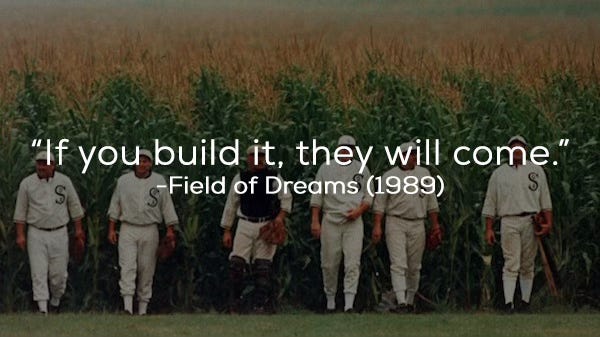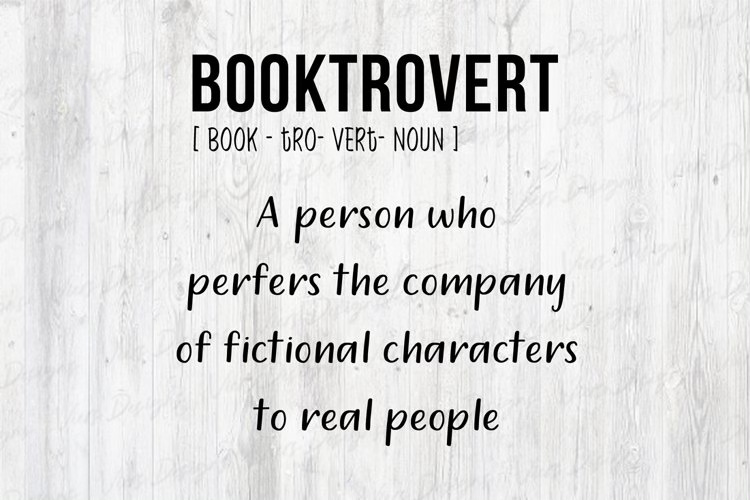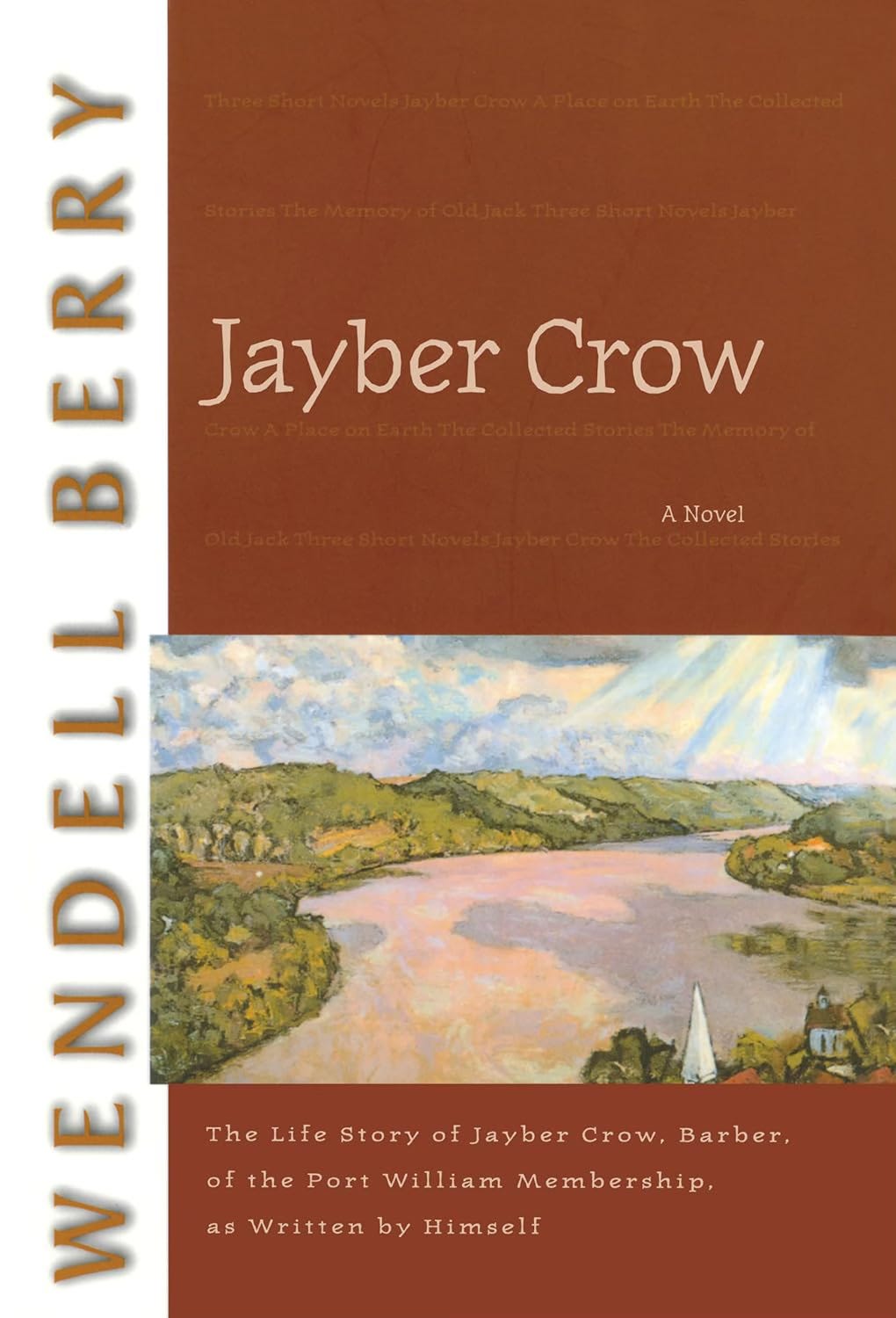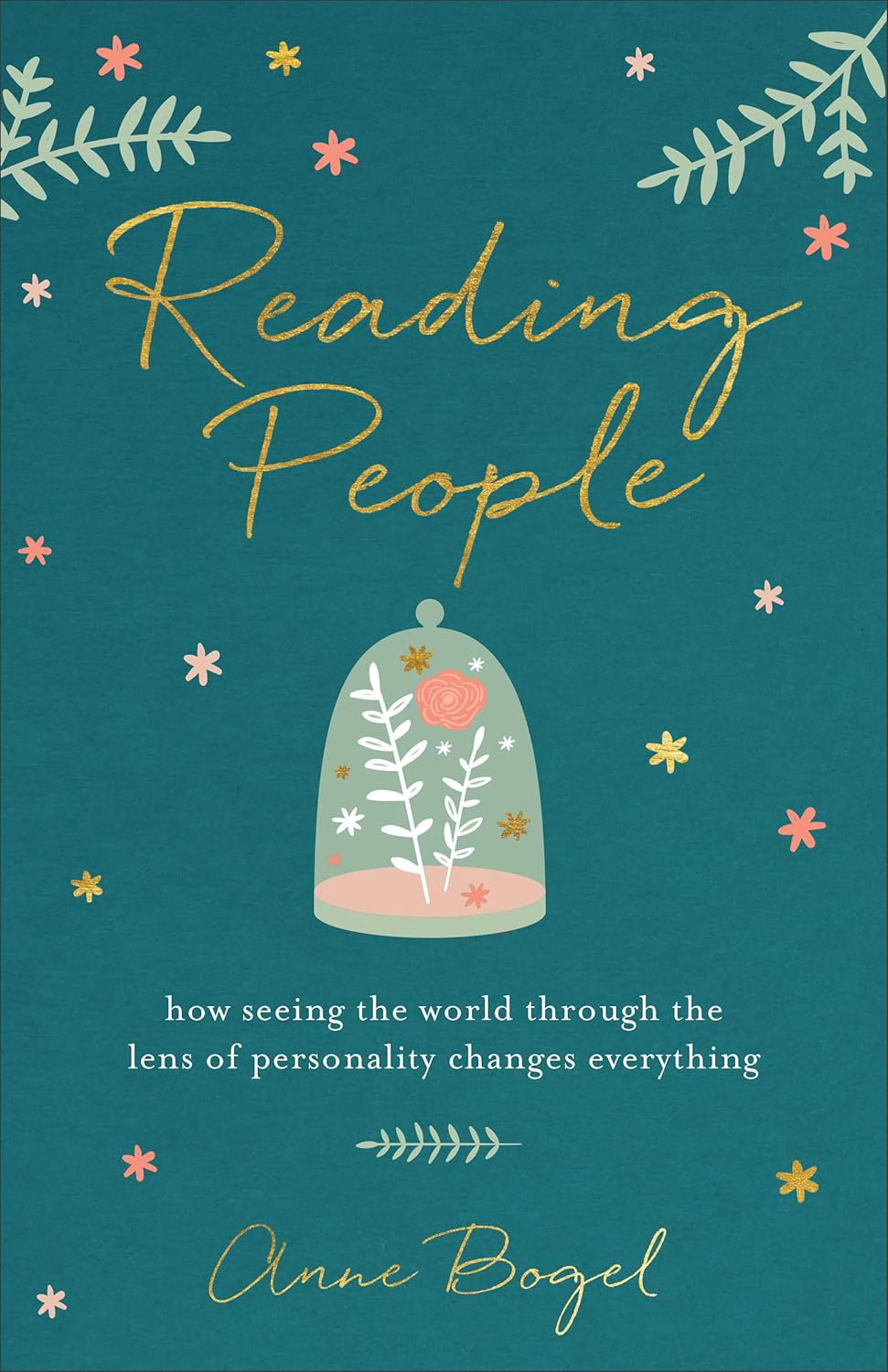Welcome to Reading Revisited, a place for friends to enjoy some good old-fashioned book chat while revisiting the truth, beauty, and goodness we’ve found in our favorite books.
About six years ago I reached out to the leader of my parish’s Moms Group and said, “we should start a literature book club.”
To which she answered, “yes, you really should!”
I did not feel qualified to be in charge of this and a lot of moms said they had no extra time to read or meet (we already had twice monthly meetings to discuss spiritual books). Over the years this seed of an idea and its implementation has led to what you now know as Reading Revisited.
But why? Why is a book club so important? That is what I have been thinking about over the last few weeks (and months and years).
(I could write a whole essay (or book) on why reading is important or why community is important. For the sake of this essay I will be talking about the combination and assume that we can all agree with the premise that reading and community are both essential.)
Peer Pressure
Most of us want to read more and so many of us are suffering from the defects in our education (or wanting to continue a great one, for the blessed few), but we are all so busy. I have so many books on my TBR (to be read) pile/shelves, but motherhood is exhausting, I need to plan for the children’s education, there are a lot of good TV shows to watch, my phone has endless people to talk to and things to scroll through. Some of those are better reasons than others, but either way, how do I resolve to read?
I always enjoy reading when I do it, but it can be difficult to put aside all the other needs/wants in my life (and my children’s) to spend time with a book each day. The to do list is never done so maybe I shouldn’t read. Enter book club!
Do I like hanging out with my friends? Check!
Do I like getting out of the house (especially at kid bedtime)? Check!
Do I like to talk? Obviously…
Do I want to be able to fully contribute to the conversation? Yup!
Okay, well then I better read the book. Decision made…I am a reader even when I am busy, sick, or stressed by the endless to do list because I am in a book club.
(Caveat: there are seasons where even all of this peer pressure isn’t enough and the books won’t be read that month or months…that is okay, please still go to book club and enjoy the community!)
Eliminating Decision Fatigue
Speaking of decisions…Do you ever finish a book and not know what to read next? Or have too many options? Or have been burned by your last few books?
Enter book club.
A good book club can pick your next book for you. This could be in the form of a formal book club, a read along group on Substack, or a Podcast book club. All of these avenues help me to know what to read next and to persevere when I don’t feel like finishing a certain book (even if it is truly worth my attention).
These groups also help me to not get too stuck in choosing the perfect book for the season, my mood, or my current thoughts. Sometimes the exact book you need at a certain time isn’t the book you would have chosen for yourself. As Shakespeare said (and She’s the Man), “some need great books thrust upon them.”1
People to Chat About Books With
When I first started reading in earnest I very quickly wanted to talk about everything I was reading. There is something about awakening the life of the mind that begs to be talked about. How can you read a great (or even a good) book and not want to bring it into everyday conversation.
First, I tried my husband. He went to a Classical Christian school and had a great education and had read a lot of the books. So we had some great conversations, but then sometimes he wanted to actually read his own book and not just hear quotes from mine. Sometimes he hadn’t read the book I was reading and we couldn’t have as deep of a conversation as I would have liked.
Then I tried friends, I had a few that actually read. Those could be fun conversations, but they were contingent on those friends having read the book I wanted to talk about. And then even if they had read the book we usually weren’t reading the same books at the same time. So that definitely hindered the conversations from going as deep as I would have hoped.
Then, finally, I found out about Book Club Podcasts.2 This was my dream come true. There are podcasts that exist simply to read books “together” and then to talk about it. What could be better? Here was the rub though: I couldn’t talk back to my podcast. Sometimes I had ideas to add that it seemed like the hosts had missed. Other times I disagreed with their interpretation of my favorite book (ahem, Brideshead Revisited) and needed to tell them what I thought.
That was when I finally started a book club. Now my friends and I could be reading the same books at the same time and then have a few hours each month set aside to chat about the book we’d all just read. It is truly my favorite day of the month!
“Buy In”
I have been a part of multiple moms/ladies groups in the course of my adult life and one of the events we have always tried to have are ladies nights out. Where we can get out for a social gathering in the evening without kids and chat and have fun. These are always very fun, but planning them comes with a significant draw back: it is hard to get people to show up. Everyone wants to. A lot of people even plan to. But when push comes to shove family needs trump social engagements.
However, I have not found this to be the case (as much) with Book Club. I call this the “buy in” theory. When there is an assignment (such as reading a whole book) and people complete it, they feel more pressure to come to the meeting. It seems a little bit like the sunk cost fallacy. If you’ve already read the book it would feel much sadder to miss the meeting. Not that books are really sunk costs, they are worth reading even if you can’t make the meeting. But, I find it to be a helpful paradigm.
I don’t say this to encourage manipulating people to show up to events, but we all know that community and friendships are important. So getting people to show up encourages community to be formed and sustained.
As I learned in an old movie, “If you assign a book, they will come.”3
Deeper Conversations
Alright, so far we have mostly focused on how to read and get people to the meetings. Now let’s dig a little deeper.
When we read books together each month we are set up to have much deeper conversations than the normal small talk that is bound to happen in everyday encounters. By default we tend to talk about the weather and life’s various complaints long before we delve into the deeper issues that can start a real friendship.
When we read a book together we automatically have a topic of conversation that can draw us out of our ordinary lives. This serves us in two ways. First we actually have an assigned topic of conversation that month: the book. And secondly, we have all of the ideas in the book to then bring our conversation to a higher plane. This doesn’t mean that we don’t talk about our lives. We actually usually do talk about our personal lives a decent amount. It simply gives us a higher starting point to then come back down and reexamine our own choices and relationships.
Something for the Introverts and the Extroverts
Reading by definition is something one must do alone. Even if you have a family of readers that can all sit around the fire reading their own book, each person is still in their own mind and can only engage with the others by interrupting their reading. Therefore I would consider reading an intrinsically introverted activity. Which isn’t to say extroverts won’t do it, but it will not give them the external stimulation they crave and receive energy from.4
(I suppose there is an exception here for reading aloud as a group, but even then everyone is still engrossed in the story together and there must be a separate time for discussion of the book.)
I have heard from a lot of extroverts that it is hard to decide to sit down with a book when they have any other option of human interaction available. I also know as an introvert5 that it can be tempting to always stay inside of a book and my own head far too often.
I think there is something beautiful about a book club that takes what is an introverted activity and then brings it into an extroverted situation. It seems like the books are begging to be read and then subsequently begging to be talked about. I like to think that the book club gives encouragement to whatever part of the introversion/extroversion scale you find yourself on. The extroverts must sit down with the book and the introverts must get out of the book to interact with other people and the ideas they encountered there.
New Insights
I always think that the way I read is the way that everyone reads; that what I get out of a book is what everyone else will get too. Oh how wrong I have been! I am surprised again and again at how different people have different thoughts in response to what we have all collectively read. Sometimes it is simply who liked or disliked a certain book, but it goes much deeper than that. The insights that other people bring to my attention are constantly expanding my understanding of the work itself and the world at large.
But it doesn’t stop there. The new insights aren’t just adding new thoughts to my thoughts, they actually end up sparking new thoughts in me (and in others in the group as well). The growth of ideas is not linear, but exponential.
So whatever I came to book club prepared to talk about may get said, but I leave having said things I had never connected on my own. Because I have my in person book club, virtual book club, and we have a podcast discussion on each book, I leave each one of those conversations with my mind having been opened to new ideas and having new thoughts about a book I thought I had already completed thinking about.
This sharing and sparking of new ideas also changes with each person added to the group. A new book club member is not simply another body in the room, but a whole person who has their own perspective, ideas, and way of reading that can change the whole tenor of the conversation. The same is also true of anyone being subtracted from the group. When a faithful book club member can’t make it to the meeting that month or hasn’t been able to read the book I am sad, not simply to not see that friend (which, truly I am), but also because we are losing that particular person’s thoughts, and the conversation is bound to change because of that.
(All the caveats to say that it is okay to get busy and not read one month, but never feel like your presence and voice don’t matter in your book club!)
Shared Connections
Over time these ideas become shared connections between the whole group. The more of us that read each book the more of us that can reference a character, scene, or quote and share mutual understanding. I am always tempted to reference books I have read to a group of people who have never read said book.6 Even if my explanation of the reference is adequate, the comparison usually falls flat or is lost in the time took for the set up.
I don’t say this to discourage anyone from referencing ideas in books. Sometimes it has the beautiful effect of encouraging someone to read the book, which is the ultimate goal of book chat. But, it can be discouraging to have ideas and want to express them and feel like you are always stuck explaining the backstory instead of exploring the new thoughts you have.
This is where a long term book club comes in. Each book read by the group is another point of connection between the group. And not only one point, but countless points. It is not only the book as a whole, but every character, scene, setting, idea, and quote that we keep with us as a group. This sharing of ideas creates a bond and an ease of communication.
I have had countless times where I was at the park with a friend watching our kids play and trying to have a deep conversation amidst kid interruptions, when we have both been able to reference something from a shared book and both come away with a deeper understanding of the book referenced, but also of the world, our life, the faith, or other people. This becomes infinitely easier when the books are shared over years. The connections simply grow and grow and the conversations can get deeper and deeper. Instead of prefacing every reference with the question, “Have you read such and such?” We can simply make the reference and keep the conversation going.
This also benefits the actual book club meetings because we have more and more books to compare our current book club book to. This adds to the conversation and deepens our knowledge of the literary tradition (and we don’t have to be the only one making the connections because there are so many other people whose ideas can be inspired by each others).
New Friends
Out of these shared connections over time comes genuine friendship. A friendship that goes so much deeper than the general airing of grievances or numbering poopy diapers (is that too specific? Is it only me?).
“Friendship arises out of mere Companionship when two or more of the companions discover that they have in common some insight or interest or even taste which the others do not share and which, till that moment, each believed to be his own unique treasure (or burden). The typical expression of opening Friendship would be something like, "What? You too? I thought I was the only one."
-C.S. Lewis (The Four Loves)
It is so much easier and likely to find these friendships when as a community we have all of the shared connections the books provide. It can be hard to dive deep into conversations in the busy lives we all lead, but the books help us get there faster. We can have those “what? you too?” moments so much more often when we are (at least) monthly having deep literary conversations.
From those friendship sparking moments we can then form genuine friendships that grow outside of the book club and even aside from the books (but I promise the books will keep coming up). Most of my closest friends are in my in person book club(s) and it is such a lovely added benefit to our friendship that we are reading together each month.
A Plug for In Person Community
We, at Reading Revisited, have a few ways you can engage in the bookish goodness. I picture this as a pyramid. All of these levels are good, but they get better and more rewarding the further in you go.
On the first level are the people who Substack followers and listen to the podcast for some extra book chat in their lives. In that level you get the bookish peer pressure.
The next level are what I am calling the read alongers, people who follow along with the book club reads. They may even comment and interact on the Substack or even our Slack page. On this level you get the bookish peer pressure, eliminating decision fatigue, and even a bit of people to talk to about the books (to a limited extent).
The next level are the people in virtual book club. On this level you get *almost* everything on the list. You get the peer pressure, no decision fatigue, chatting about books, buy in, new ideas, and deeper conversations. But still you are missing out on the shared connections and new friendships.
(The internet can resolve this a bit, but it can never be the same as in person relationships with chances to interact weekly outside of official meetings).
The last level is belonging to one of our in person book clubs. Here you get everything else and also the shared connections and hopefully some new friends. Of course these relationships can develop in a virtual group to some extent, but there is nothing like seeing these people in real life, sharing food and drinks, and even meeting up outside of book club. There is also space at in person book club for one on one conversations and getting there early and staying late. Connections can be made with the books and each other, but this can also branch out into more personal conversations as well. You might even get to know each others’ families outside of book club. The friendships that have been grown out of these book clubs are such an invaluable resource in my life.
Book Club is my favorite. Everyone should have one. If you don’t already, I can only encourage you to join or start one for yourself. It is one of my most rewarding time investments I’ve made and I am so thankful that all those years ago my mom’s group leader encouraged me to get this started.
Reading Revisited Options
If you are not already a part of a book club and would like to be, we would love to have you here! We are a completely free book club that has in person and virtual options. Message us if you would like to join or start a group. Everything you need is in the footer below including our yearly book list. We hope you join us!
Until next time, keep revisiting the good books that enrich your life and nourish your soul.
In Case You Missed It:
What We’re Reading Now
October
Jane Eyre by Charlotte Bronte
November
Jayber Crow by Wendell Berry
December
A Christmas Carol by Charles Dickens
A Few Reminders:
If you are wanting to get in on the in person or virtual community please contact us!
If you would like to make a small contribution to the work we’re doing here at Reading Revisited, we invite you to do so with the Buy (Us) a Coffee button below. We so appreciate your support!
*As always, some of the links are affiliate links. If you don’t have the books yet and are planning to buy them, we appreciate you using the links. The few cents earned with each purchase you make after clicking links (at no extra cost to you) goes toward the time and effort it takes to keep Reading Revisited running and we appreciate it!
The real quote is from Twelfth Night…She’s the Man is (very loosely) based on that.
The real quote is from Field of Dreams, which I remember very little of besides this quote.
The best explanation I have read on the Introversion-Extroversion scale is from Reading People by Anne Bogel (which is not a book about people who like to read, to my deep surprise upon opening it for the first time, but about understanding different personality paradigms)
I personally prefer the ambivert (thanks,
) label because I feel like I straddle the line, but definitely learn toward introversion. But maybe we should all be called Booktroverts!Yes I do feel like Leonard Bast and I am worried his ultimate literary fate will be mine (If you know, you know. If you don’t, wait til Howards End eventually makes it on the Reading Revisited book list).












So much of the last third of this post, especially under the heading "Shared Conections", made me think of the church as a sort of glorified "Book Club" that reads together and shares responses to God's love letter to us, and individuals finding fellowship and community through that sharing. Could that be the ideal "weekday" identity of a local congregation? (Not saying that gathering for worship can be reduced to a book club meeting...)
❤️